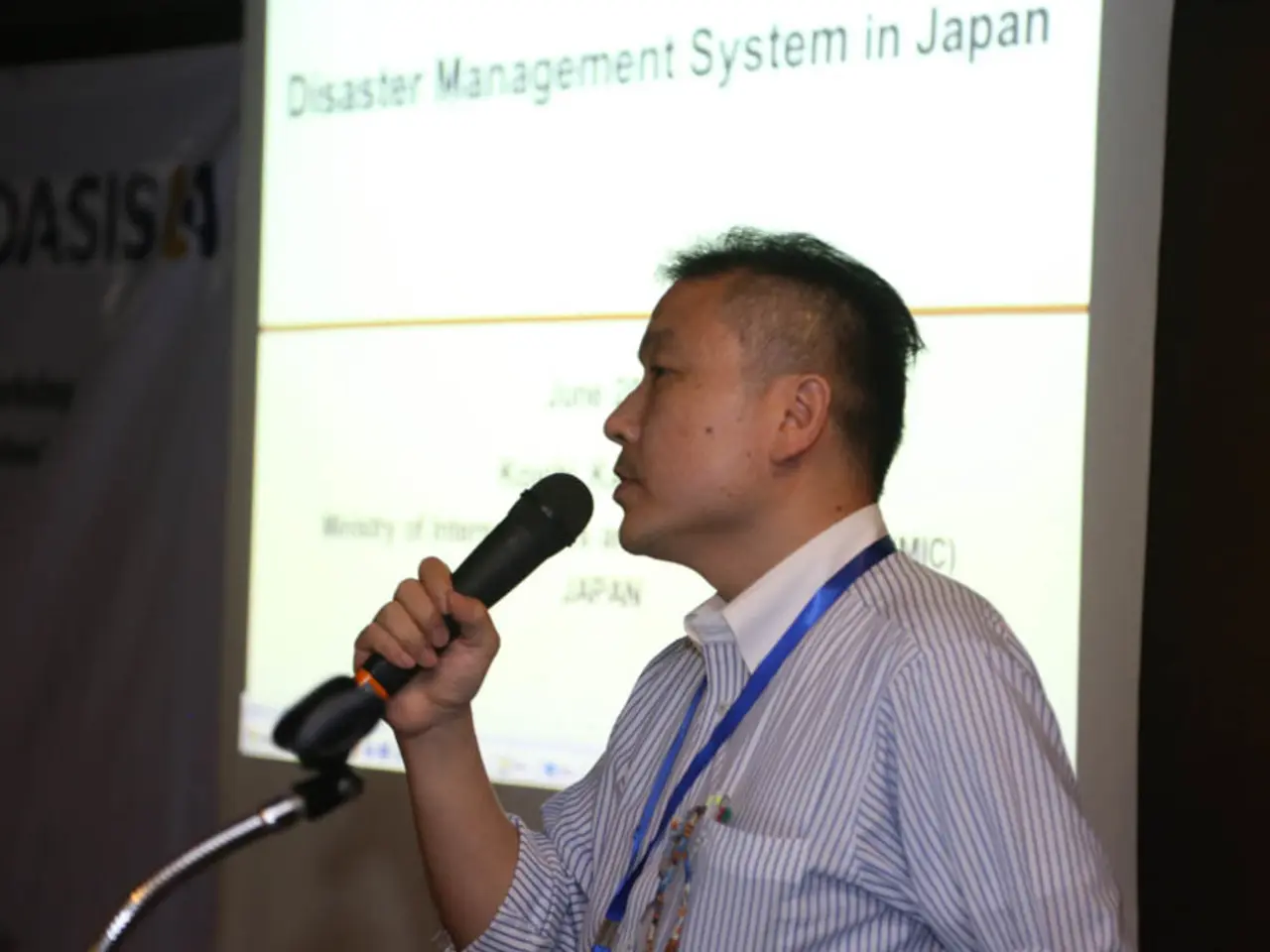Japanese leader stepping down from office
Japanese Prime Minister Shigeru Ishiba announced his resignation on Sunday, citing his inability to meet the voters' expectations for change and the need to avoid a political vacuum at a time when Japan is facing major national and international challenges.
Ishiba's ruling coalition failed to secure a majority in the 248-seat House of Councillors in July. This failure was followed by the loss of the coalition's majority in the House of Representatives in October, shortly after Ishiba took office. Calls for his resignation have increased after the Liberal Democratic Party called for a "complete overhaul" of the party following its losses.
Among the potential candidates to replace Ishiba are Agriculture Minister Shinjiro Koizumi, ultra-conservative former Economic Security Minister Sanae Takaichi, and moderate Chief Cabinet Secretary Yoshimasa Hayashi. Sanae Takaichi has officially declared her candidacy, Toshimitsu Motegi announced his, and Yoshimasa Hayashi intends to run, while Koizumi has not yet confirmed his interest. The new leader is expected to be elected on October 4, with the party leader typically becoming the Prime Minister.
Ishiba had resisted calls from more right-wing opponents within his own party to resign. However, he made the decision to resign after making significant progress in U.S. trade negotiations. Ishiba will remain as prime minister until a new leader is elected and approved by Parliament.
The Liberal Democrat deputies supporting the prime minister have stated that those who lost their seats were largely ultra-conservatives linked to corruption scandals prior to Ishiba's rise to power. Voters want to see the party progress and get to work, but are concerned about the uncertainty regarding the next successor.
Former Health Minister Norihisa Tamura suggested that Prime Minister Ishiba should "resolve" the dispute before Monday's vote to ease divisions within the party. Taro Aso, a heavyweight conservative known for his anti-Ishiba stance, along with a minister and several vice-ministers in the Ishiba cabinet, have called for an early vote.
The opposition parties are too fragmented to form a coalition and overthrow the government. Without a majority in both chambers, the next party leader will need to collaborate with the main opposition parties to pass bills, or face constant no-confidence motions. Ishiba's resignation comes on the eve of his party's decision on whether to hold an early leadership election. The one-year tenure of Prime Minister Ishiba highlights the instability of Japan's minority government.
Ishiba expressed regret for not being able to meet the voters' expectations for change and indicated that he will initiate a process to hold a leadership vote in his party, to be held in October. The resignation of Prime Minister Ishiba marks a significant moment in Japanese politics, with the country facing major challenges both domestically and internationally.
Read also:
- Lu Shiow-yen's Challenging Position as Chair of the Chinese Nationalist Party (KMT) Under Scrutiny in Donovan's Analysis
- Leaders Pashinyan and Aliyev convene at the Shanghai Cooperation Organisation's annual gathering
- Policies proposed by Prabowo are causing a mix of optimism and unease among Indonesians
- Charity Golf Tournament Star-Studded Event: Lush greens, charitable giving, and a legendary castle setting








